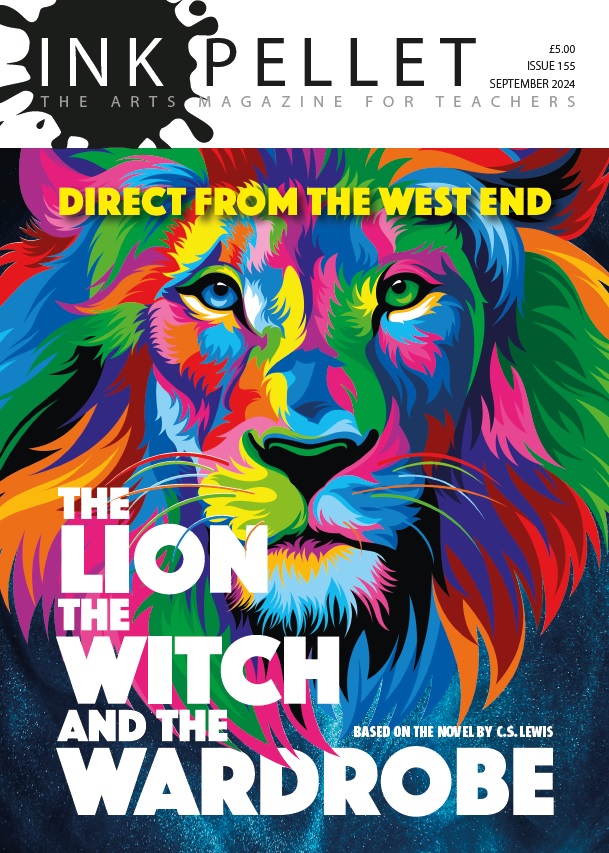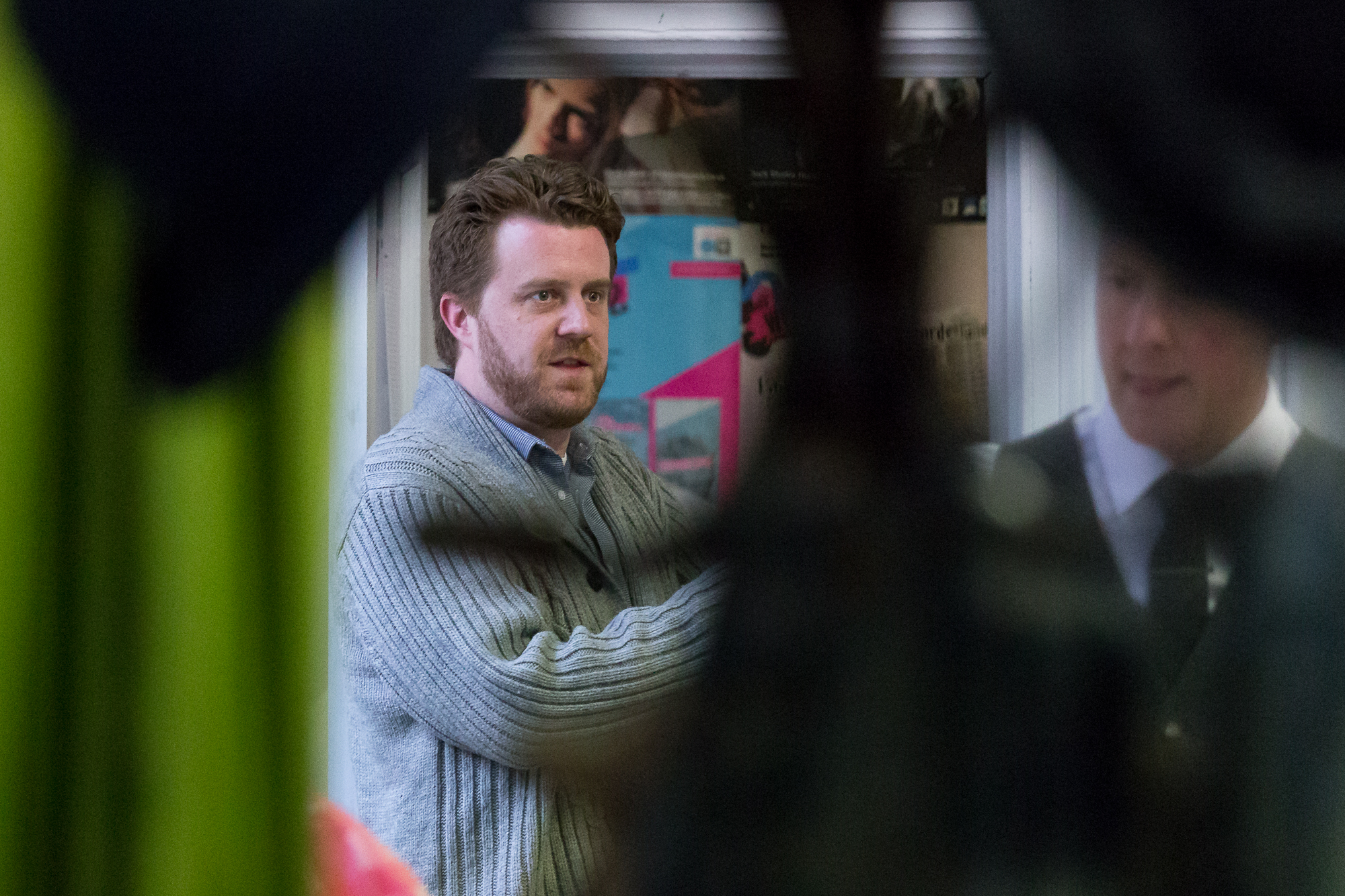Ross McGregor, 38, is the founder of Arrows and Traps theatre company. His recent plays have been about Holst, Payne and Persephone. Susan Elkin met him.
How did you get into drama? I’ve stammered since I was 4. When I was about 14 and a pupil at an all-boys’ boarding school in Hertfordshire, which wasn’t strong on drama, we were – always a dreaded thing – reading The Winslow Boy round the class in an English lesson. When my turn came, I put on an accent and found that it gave me complete fluency. After that I set out to find out what are these things called “plays” and how could I do more? Eventually I decided I didn’t want to be a doctor after all. I wanted to study playwriting and directing.
So where did you go to do that? I did a degree in English and Creative Writing at Warwick and then an MA in Theatre Directing at East Anglia. I was then offered a place on the directing course at Rose Bruford, but another three years seemed too much. I’d always been interested in traditional Rep theatre so why not form a team and learn together as we go along? So that’s what I did: we staged over thirty productions and toured them including some crowd pleasers such as Shakespeare, Alan Ayckbourn and Noel Coward. It was a fine training ground.
And then you took a break? Yes. By 2011 I was burnt out, so I took an office job for a complete change. But after three years it no longer felt like the right place. It wasn’t fulfilling. I formed Arrows and Traps on my 30th birthday in 2014 and we’re done 27 shows since. The Jack Studio Theatre [at Brockley Jack pub, London SE4] provides a base.
So how does the company work? Fringe theatre tends to be a bit transient. Actors are auditioned and offered jobs or not. Very stressful. I’ve worked to build something more secure. We have a core group of about 14 to 16 actors who move in and out and we bring in new people all the time. It means that everyone can experiment with roles outside their normal casting and that they can test and expand what they can do in a playful environment in which they don’t feel threatened.
You wrote and directed all three of the Arrows and Traps plays I’ve seen this year. Is that the company’s normal way of working? No not necessarily. I’d love to import an external director, but we can’t afford it. We can’t afford a designer either, so I’ll let you into a secret: I’m the designer under a pseudonym. One year he was shortlisted for an Off West End Award and I looked forward to taking a guinea pig and saying “Here’s the winner” but alas He/I didn’t win!
Tell me about your writing The first full play I wrote for Arrows and Traps was Frankenstein in 2017. First, I bought the text of every version I could find and they were all terrible! My Frankenstein includes the author Mary Shelley as a character. It played at the Jack and I directed it. We got some Arts Council funding for Jeckyll and Hyde so we can pay actors but only if we keep casts small – so the plays are, typically, three or four handers.
Where did the idea for your Holst play come from? From Cecilia Payne, the astrophysicist nobody has ever heard of! I first spotted her in a Google Doodle in 2019 and was intrigued. Then I discovered she was also musically talented and had been taught by Holst at St Paul’s School. I could see immediately that there were two stories here. Even better was discovering that Holst later visited America which provided a wonderful follow up scene. And of course, I couldn’t resist linking his planets with her stars so the plays are Holst: The Music in the Spheres and Payne: The Stars are Fire. Both plays are about being who you’re supposed to be – a crucial message for us all.
Are you a notebook or a computer man? I don’t write a play until I’ve got it booked in to run. Then I write it, on a computer, in five days or less – although of course it gets edited in the rehearsal room.
Was Persephone a product of the pandemic? In a way, yes. We were looking for something to present digitally. I’ve always been fascinated by the Greek legends: so relevant and truthful. So I wrote five modern adaptations (Orpheus, Pygmalion, Aphrodite, Icarus and Persephone) in which stories could be spoken straight to audience by a small number of actors. The staged version of Persephone is developed from that. In time I’ll do the others – probably Orpheus next.
What are you working on at present?
A play about Spencer Perceval, the only British Prime Minister ever to be assassinated (on 11 May 1811). I’m planning to stage it next year. He was PM when the act to stop the slavery trade went through, so I’m keen to get it to cities connected with that trade such as Liverpool and Bristol.
You seem to be very busy. Do you also have a bill-paying job? Yes. I work as tutor though various agencies. I deal a lot with excluded kids and I’ve tutored in prisons. You have to find ways of connecting – rap rhymes work well with iambic pentameter for example. And – back to stories – some of these young people have come from deeply troubled backgrounds. Of course they’re “difficult”. You just have to wait… and accept that their anger isn’t personally directed against you.
www.arrowsandtraps.com



